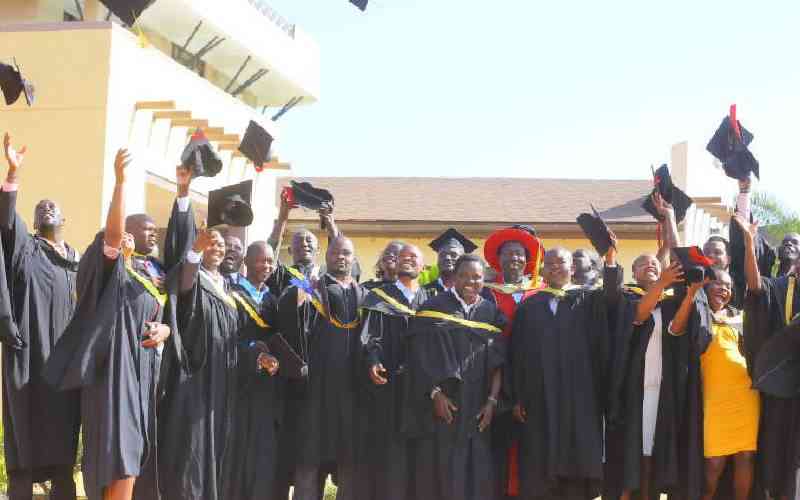×
The Standard e-Paper
Kenya’s Boldest Voice

Students seeking to study in universities and colleges may soon be required to apply to the government to finance their dream courses.
It may no longer be obvious for Form Four leavers who meet university entry requirements of C+ and above, and get admission to the various institutions to get automatic government capitation as is the present practice.